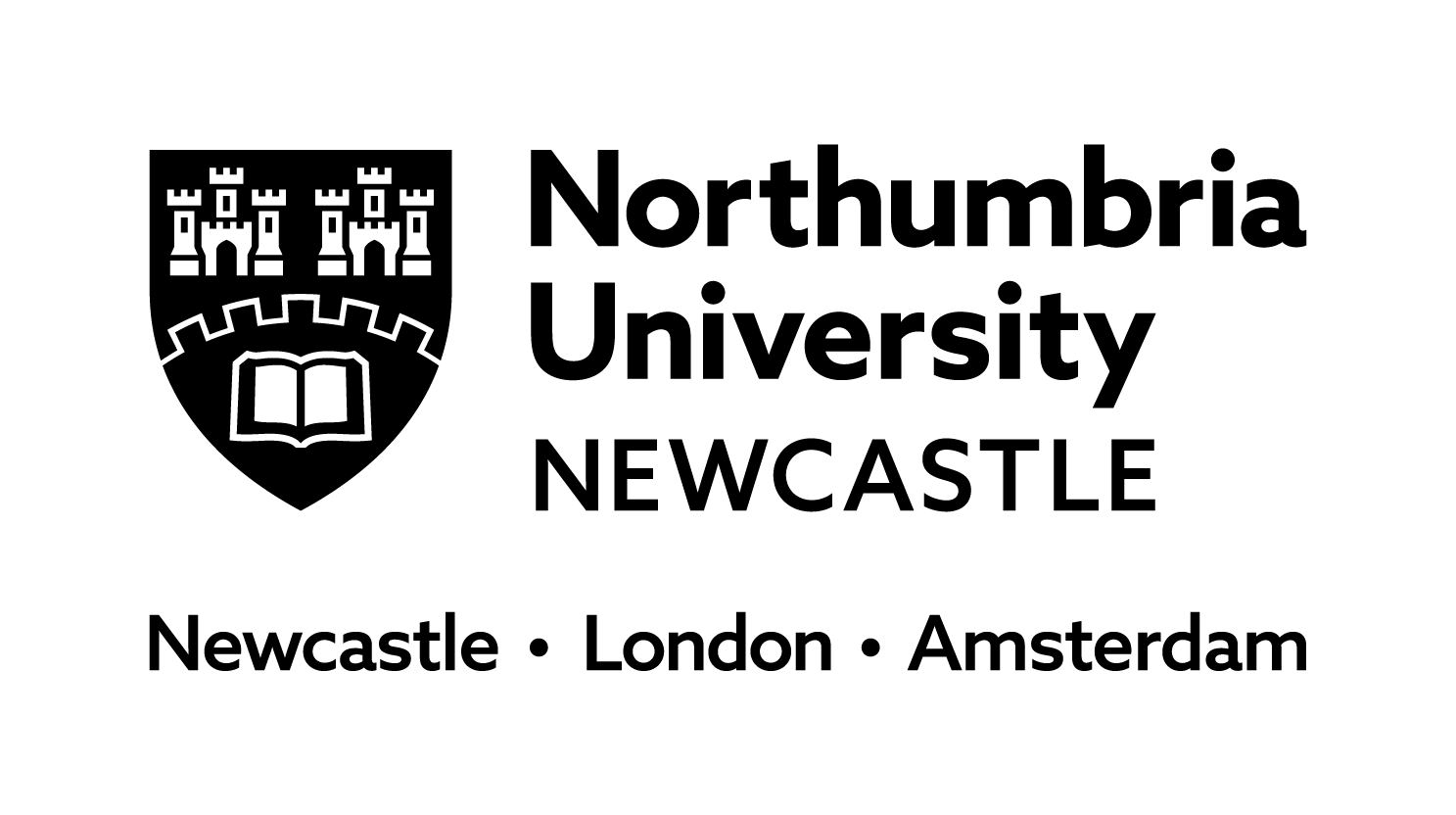The UN estimates that by 2050, 68% of the world’s population will live in urban areas; an extra 2.5 billion people on today’s number. This rapid urbanisation is occurring at a time of global targets for reduced emissions. Cities are also estimated to be responsible for 80% of CO2 emissions. The challenge for today’s governments, urban planners, technical specialists and architects then, is how to support the sustainable development of our cities that reduce emissions and maximise efficiency whilst providing the basis for a culturally rich and exciting space to live.
Our MSc Technology in Sustainable Cities offers a multidisciplinary approach to planning sustainable urban solutions, developing computing expertise with urban planning technologies to prepare students for exciting careers applying technologies to more sustainable urban living.
Key facts
- You will work in QGIS or a similar cross-platform to view, edit and analyse spatial data and will be introduced to C++ or Python to create plugins
- You will develop a career plan and reflective log considering how your learning from the programme can accelerate the achievement of this plan
- Design an IoT solution for a sustainable smart city as part of your assessment
- Also available as MSc Technology for Sustainable Cities with Advanced Practice
- This programme has been designed to meet the accreditation criteria of BCS, the Chartered Institute for IT for the purposes of meeting the academic requirement for registration as a Chartered IT Professional














